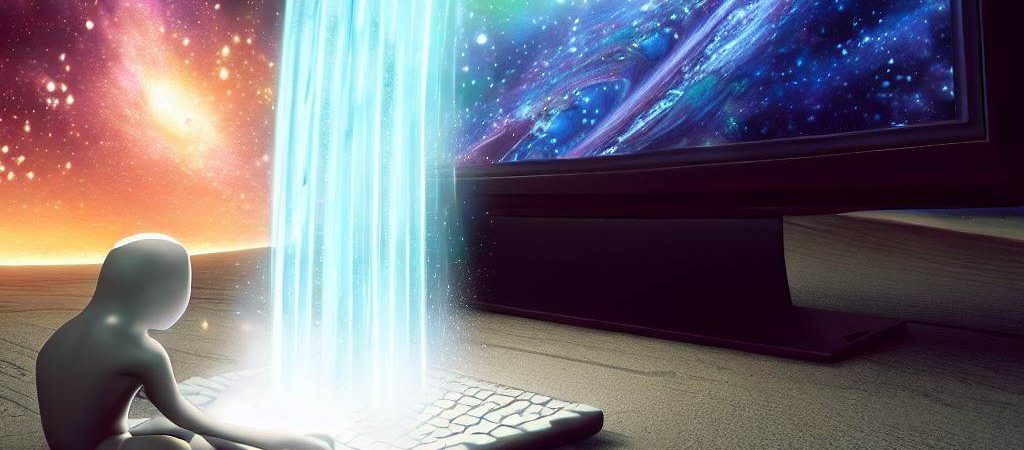
Simulation theory, also known as the simulation hypothesis, is the idea that the reality we experience is actually a computer-generated simulation created by an advanced civilization. While this theory has gained significant attention and speculation over the years, there is a growing debate over whether it ultimately matters one way or another.
Proponents of simulation theory argue that there is a significant chance that we are living in a programmed reality. They point to the rapid advancements in technology and artificial intelligence as evidence that future civilizations could create simulations that are indistinguishable from reality. Moreover, it may help explain some of the mysteries of the universe, such as why our physical laws seem perfectly calibrated to support life.
However, critics argue that the hypothesis is un-testable and therefore irrelevant. They point out that even if we were living in a simulated reality, it would not change the nature of our experience. Our thoughts, emotions, and perceptions would still be perceived as real, and the idea that you could exit the simulation a la The Matrix is mere fantasy.
Moreover, some argue that the concept of simulation theory is more of a philosophical thought experiment than a scientific hypothesis. Even if we could prove that we are living in a simulation, it would not necessarily provide us with any practical knowledge or benefit.
Additionally, simulation theory is limited by our current understanding of technology and the universe. While we have made incredible advancements in science and technology, there is still much that we do not know about consciousness, the universe, and the limits of technology.
Nevertheless, the idea has sparked important conversations about the nature of reality and the bounds of human knowledge. The concept of a simulated reality challenges our traditional notions of what is real and what is possible. It forces us to question our assumptions about the universe and the nature of our existence.
Furthermore, it can help us recognize the importance of remaining open to new ideas and possibilities. By acknowledging that our understanding of the universe may be limited, we can remain humble and receptive to new discoveries and insights, which in turn can help us to push the boundaries of human knowledge and gain a deeper understanding of the world around us.
